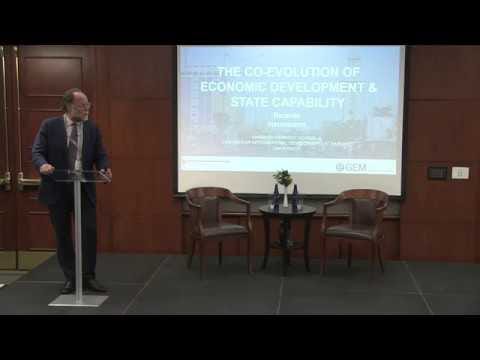The US Capitalist Elite Claim Another Stupid Prize
Removing yet another check on their own destructive greed
The most dangerous thing for an elite is to be so utterly unchallenged that they start to believe their own propaganda, dismantle the very societal bases upon which their power depends and descend into profiteering and rentiership. From 1975 onwards the US capitalist elite mounted a class war against the class compromises that they had to make during th…
Keep reading with a 7-day free trial
Subscribe to Geopolitics And Climate Change to keep reading this post and get 7 days of free access to the full post archives.


